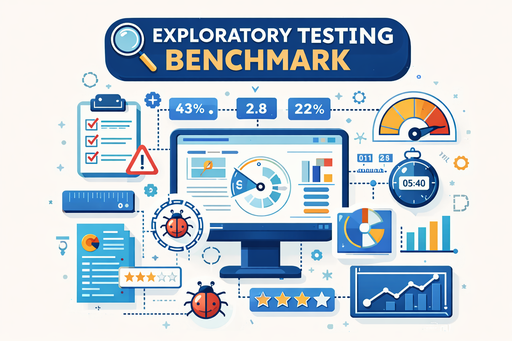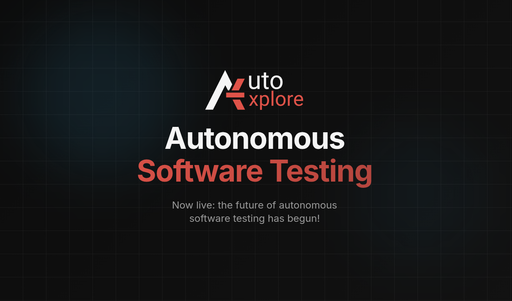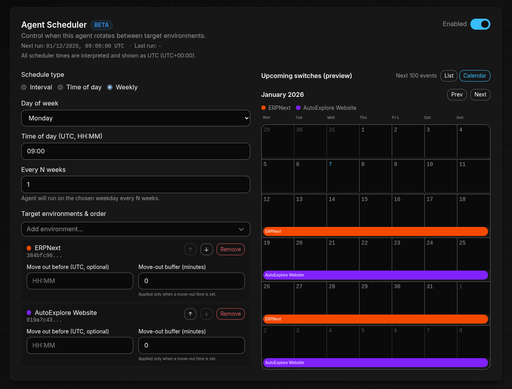
Autonomous Testing Agent Benchmark in works
AutoExplore is building a benchmark for agentic exploratory testing. We want the community’s input on the metrics that should define exploration quality, defect detection, and efficiency.
Read moreAutoExplore delivers always-on, autonomous testing that navigates your app like a real user. Catch errors, security vulnerabilities and accessibility issues before deploying to production.
Traditional test automation often fails when teams are under pressure. Best practices get skipped, scripts become outdated, and quality suffers.
Manual testing is slow and delays releases
Automated scripts need constant maintenance
Manual processes are prone to mistakes
AutoExplore is designed to help with these challenges by clicking every link, filling every form, and going through every feature of your application autonomously and continuously.
Traditional test automation falls short when teams are under tight schedules. AutoExplore brings autonomous, intelligent testing that adapts to your application.
AutoExplore uses tailored machine-learning algorithms to generalize application testing. It explores your app through the browser interface, just like a real user would.
Clicks every link, fills every form, and tests every feature of your application autonomously and continuously without manual intervention.
Intelligent security scanner that combines real-browser exploration with automated vulnerability analysis. Identify hidden security misconfigurations.
Ensure compliance with European Accessibility Act (EU Directive 2019/882). Detect accessibility issues automatically across your entire application.
AutoExplore extends your current testing processes. It adds an extra layer of validation, reducing the risk of undetected failures in production.
Detailed reports with steps taken, network traffic, client-side scripts, and screenshots. Everything your R&D team needs to reproduce and fix issues.
See how forward-thinking companies are transforming their testing workflows.

Netvisor ERP Platform
"Solving complex ERP, accounting and tax processes for tens of thousands of different sized organizations is no easy task. Ever-changing customer needs, legal requirements and environment changes require constant updates to the software. Over the years, used technologies have also changed. This creates a challenge for updating and managing a good level of test automation to ensure first class user experience."
"AutoExplore is easy to configure and use. An innovative product that finds issues traditional testing methods don’t necessarily catch. It goes through the application comprehensively in a timeframe no human could match."
Team Lead, Visma Aquila Oy

AutoExplore is building a benchmark for agentic exploratory testing. We want the community’s input on the metrics that should define exploration quality, defect detection, and efficiency.
Read more
AutoExplore is launching with always on autonomous testing that explores your web app like a real user, then reports errors, security, performance, and accessibility findings with steps, screenshots, and timelines.
Read more
Share a single AutoExplore Agent between multiple applications by scheduling it to rotate between target environments, so you can reduce testing cost without losing coverage and make testing smaller applications more affordable.
Read more
AutoExplore’s latest update introduces an intelligent security scanner that enhances web application testing by combining real-browser exploration with automated vulnerability analysis. By routing traffic through ZAP Proxy, AutoExplore can now identify hidden security misconfigurations such as missing headers, insecure cookies, and weak site isolation issues. Each finding is traceable, risk-rated, and reproducible through AutoExplore’s timeline view, helping teams prioritize fixes efficiently. The scanner performs safe, non-destructive checks, extending AutoExplore’s mission to deliver autonomous, end-to-end software quality testing.
Read moreSee how AutoExplore explores your application like a real user and helps you catch issues earlier. Get a guided 7 day trial and evaluate the impact with your team.